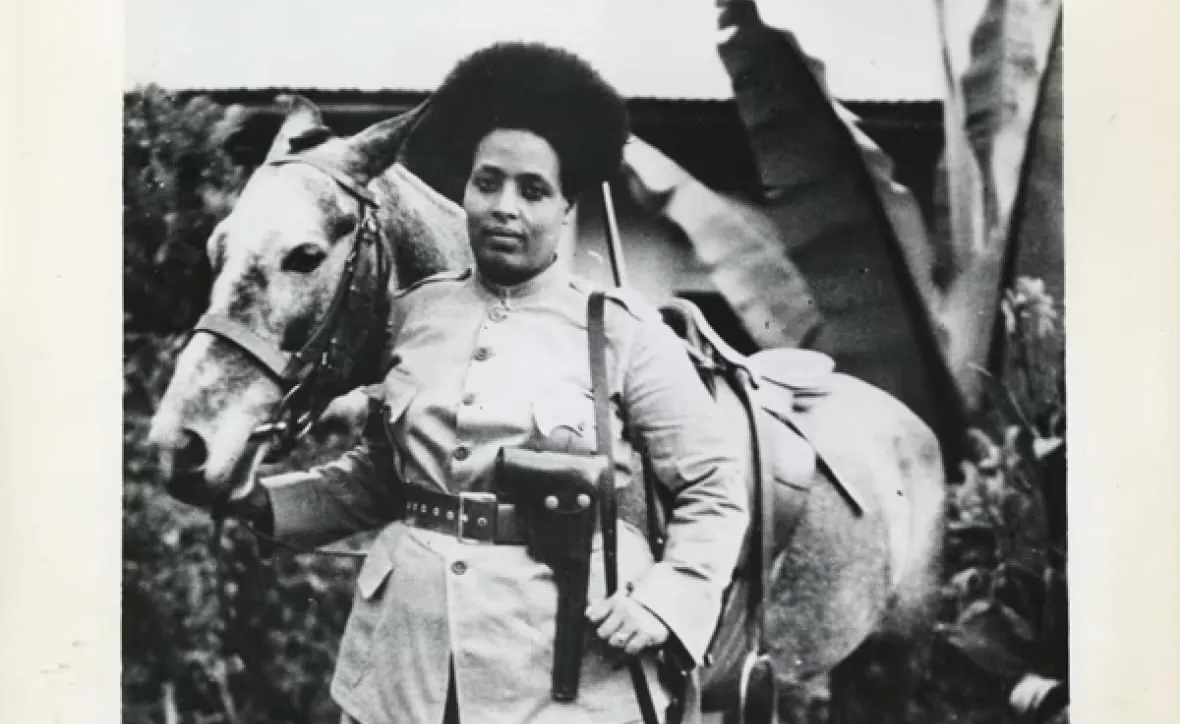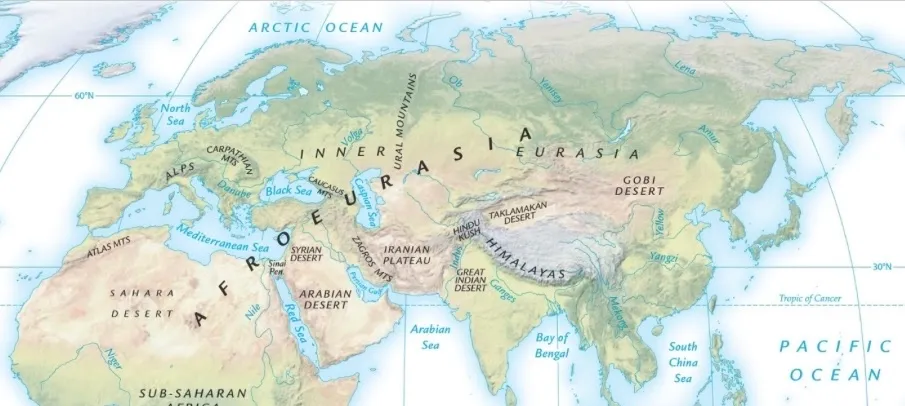What the Griot Said: Teaching Medieval West Africa
A collection of all recent posts about medieval West Africa and a list of resources for teaching.

During the past month, I wrote six posts about medieval West Africa between 1000 and 1600 C.E. When I began this series, I discussed how I wanted to use the idea of “what would the griot say” as a way to center West African voices. The challenge with teaching medieval West Africa is that the local sources are relatively few compared to many more external sources. As a result, many textbooks focus on what outsiders thought about the people of the Mali and Songhay empires, rather than understanding how these people understood their world. In this post, I have brought together my six posts. I’m also including a collection of useful resources for finding materials and sources on medieval West Africa.
Thank you for your ongoing support of this newsletter. Your support is what makes it possible. If you would like, please forward this message to a friend or colleague and let them know where they can subscribe. (Hint: it's here.) If you find these posts helpful, please consider becoming a paying subscriber. Your support allows me to continue this work.
If you have any comments or suggestions, please share them with me or post them below. I can also be reached on Twitter, Facebook, Instagram, and email. And now I can also be found on Mastodon, in case Twitter implodes.



